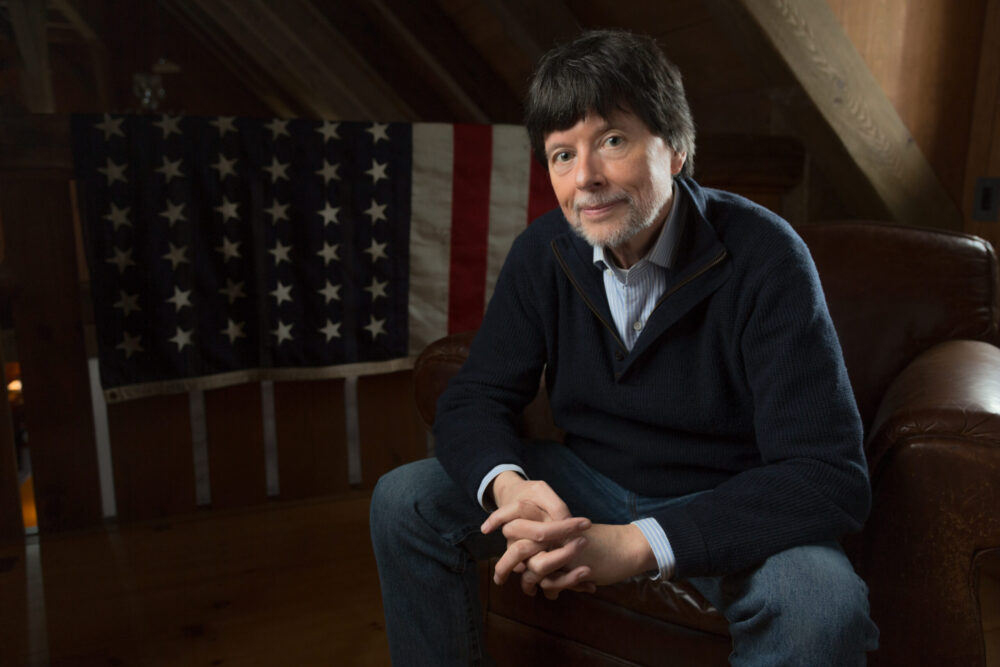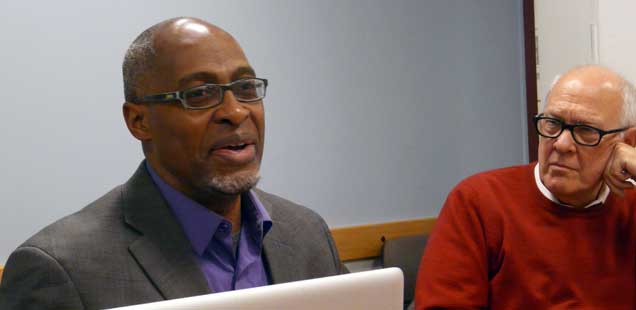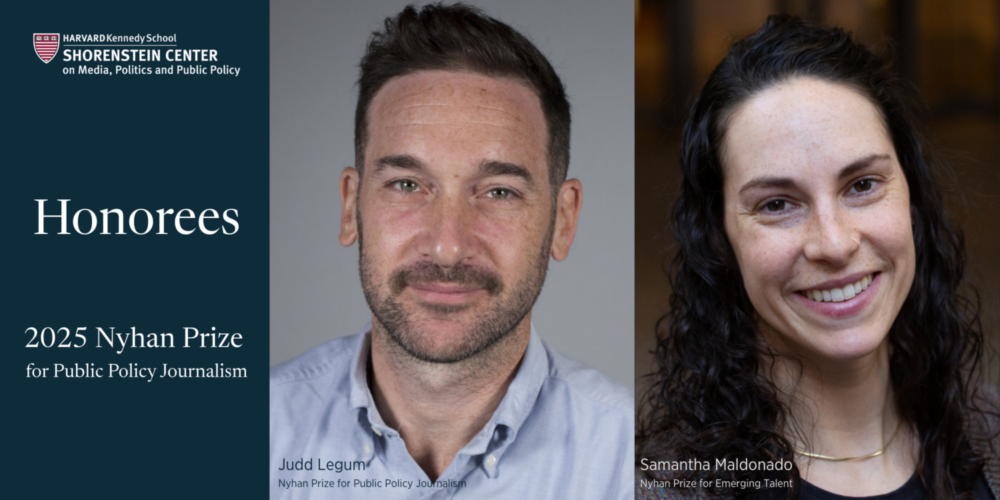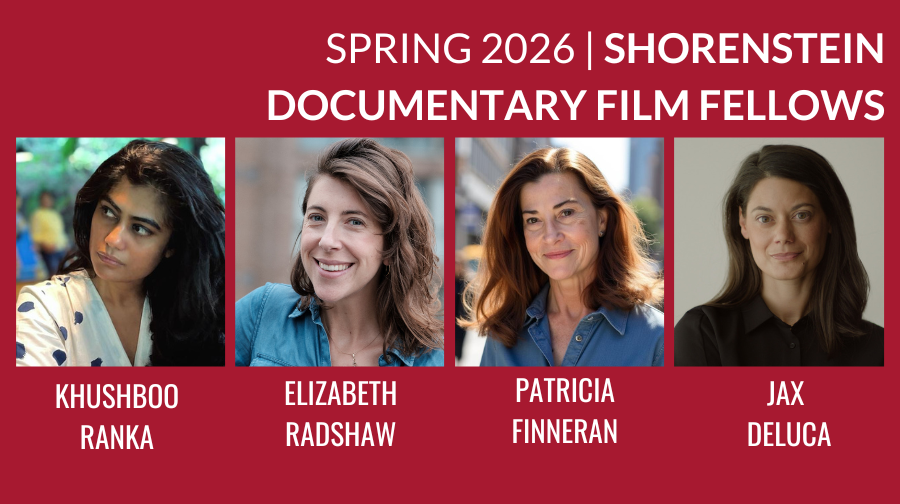
Center News
Ken Burns to give Theodore H. White Lecture on Press and Politics
Newsletter

Our weekly roundup of news found at the intersection of media, politics, policy and technology, from the Shorenstein Center and from around the web.
Phillip Martin: Reporting on Race and Poverty. Phillip Martin, senior investigative reporter at WGBH, discussed how his reporting on race and poverty has been shaped by his early career experiences.
Why U.S. Conservatives Shape State Legislation More Effectively than Liberals. To promote a coordinated policy agenda in many statehouses, conservatives leverage longstanding, well-funded networks of organizations. Liberals, on the other hand, started later and made fitful and incomplete progress at building trans-state policy networks. Only now are they marshalling new resources with a sense of strategic urgency. Read more at Journalist’s Resource.
Web Traffic and Stickiness: What Works? An excerpt from a new paper by Matt Hindman, Joan Shorenstein Fellow, Fall 2014, provides actionable steps that local newspapers can take to improve their websites and grow audiences. Read the full paper.
Wholesale Government: Open Data and APIs. Aneesh Chopra and Nick Sinai, Walter Shorenstein Media and Democracy Fellows, discuss the potential for serving U.S. citizens through a “wholesale” model – i.e. partnering with distributors, channels, and other intermediaries to provide services – through the use of open data and APIs.
Michele Norris, Joan Shorenstein Fellow, led a student study group about the intersection between personal identity and institutional identifiers when it comes to race. View the recommended reading for the session.
An Alternative Explanation for Hillary’s Private Email Server. Susan Crawford, former Shorenstein Center visiting professor and current Harvard Law School professor, writes that Clinton may have used private email so that she could have a personal record of her work as Secretary of State.
A Deep Dive into Party Affiliation: Sharp Differences by Race, Gender, Generation, Education, from Pew Research Center.
James Pindell, the Reporter Who’s Going to Save the Boston Globe’s Election Coverage, from Mashable. David Skok, Boston Globe digital adviser, also comments on the news outlet’s strategy for 2016. See Skok at the Shorenstein Center next Tuesday, April 14.
5 Good Questions with Jason Noble of the Des Moines Register’s “Reality Check,” from American Press Institute. Iowa’s largest newspaper has launched a fact-checking feature.
How Local Press Could Have Influenced the Religious Freedom Law, from Columbia Journalism Review.
From Twitter to Instagram, a Different #Ferguson Conversation, from Pew Research Center.
Turkey Blocks YouTube and, Briefly, Twitter Over Hostage Photo, from The New York Times. Related: Yavuz Baydar (Joan Shorenstein Fellow, Fall 2014) recently published a paper about threats to press freedom in Turkey.
How The New York Times is Eluding Censors in China, from Quartz.
New report: Nonprofit News Organizations Move Closer to Sustainability, from Knight Foundation.
Sign up to receive Media and Politics Must Reads in your inbox each week. Also connect with us on Twitter and Facebook for more updates.

Center News

Center News

Center News